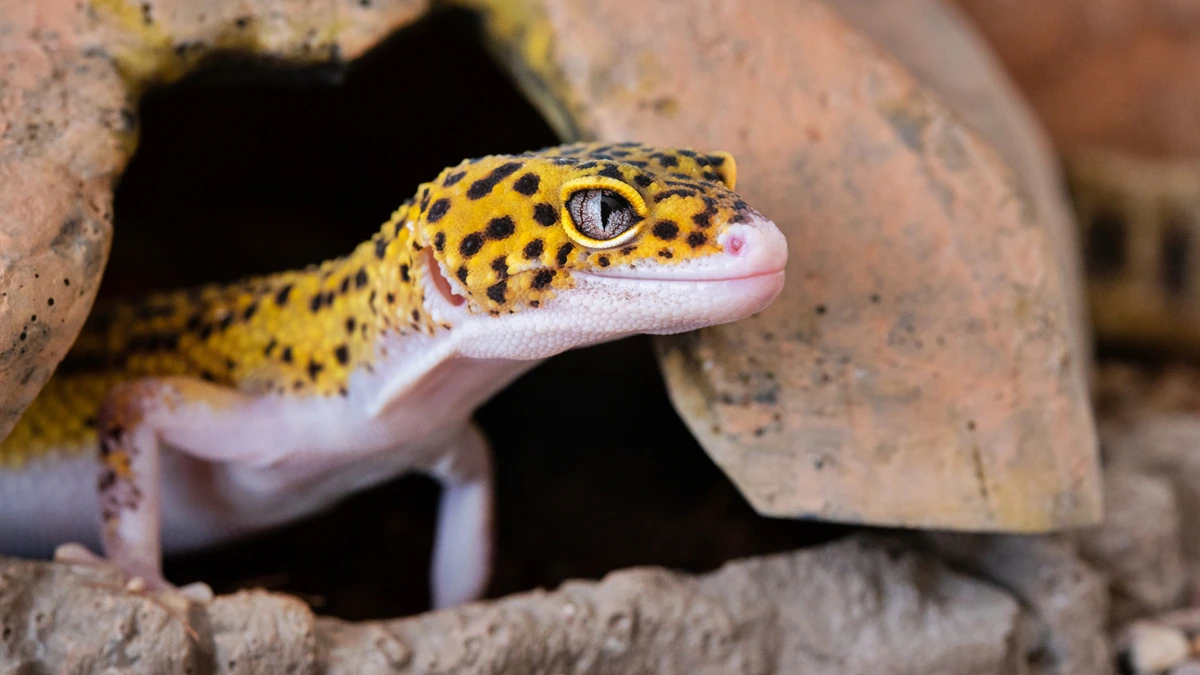Scientists recently discovered a new species of gliding geckos in Mizoram, named Mizoram parachute gecko.
About Mizoram parachute gecko:
- It is a newly discovered species of gliding geckos.
- The Mizoram parachute gecko, or Gekko mizoramensis, is one of the 14 geckos known to take to the air.
- It is thought that the species evolved as a result of being separated from its closest relative, G. popaensis, by the Arakan Mountains.
- Features:
- Unlike other gliding reptiles, which use the bone to form their flying surfaces, these geckos have flaps of skin.
- When the lizards leap off a tall structure, air resistance pushes the flaps out to their full extent, much like a parachute, slowing the speed at which they fall.
- The skin flaps also help to break up their shape, acting as a camouflage against predators.
- Their specialised camouflage and body shape are shared by multiple species, making it hard to tell them apart from one another.
What are Geckos?
- They are reptiles and are found on all continents except Antarctica.
- They are believed to be among the earliest evolving squamates, the group that contains all lizards, snakes and their close relatives.
- There are more than 1,200 species of gecko today, making up around a fifth of all known lizards.
- They have adapted to habitats from rain forests, to deserts, to cold mountain slopes.
- Features:
- They had evolved the adhesive pads on their feet which allow them to climb almost any surface using a network of microscopic hairs.
- Like snakes, most geckos have a clear protective covering over their eyes.
- A gecko’s tail may be long and tapering, short and blunt, or even globular.
- The tail serves in many species as a storehouse of fat upon which the animal can draw during unfavourable conditions.
- Unlike other reptiles, most geckos have a voice, the call differing with the species and ranging from a feeble click or chirp to a shrill cackle or bark.




